Graham Reid | | 3 min read
Dr Timothy Leary: You Can Be Anyone This Time Around
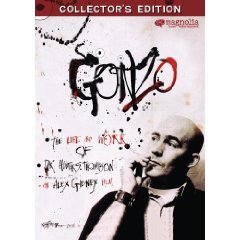
There are few sadder sights in culture than when artists believe their own publicity (Michael Jackson genuinely thinking he was healing the world with a pop song) or when they become a caricature of their former selves.
Tom Waits only just escaped his image as a lounge-room crooner-cum-barfly when he reinvented himself with the help of his wife Kathleen Brennan, but as this remarkable doco (by Gibney who did the equally insightful Enron: The Smartest Guys in the Room) rolls to its inevitable conclusion you can't help feel uncomfortable as the genius of writer/social critic/drug hero Thompson unravels.
Thompson's suicide in 2005, much promised it has to be said, just seems the only obvious way out he had to try to keep some kind of mythologising alive. Failing that, he would have continued to slide into depression and self-caricature.
And it all began so well.
The outline of his early life is sketched in -- gifted but from a family of modest means, never one of the smart and monied set at college which filled him with resentment -- he undertook reportage with a passion and likened himself to a cameraman. When he penetrated the Hells Angels in the mid Sixties he was not only courageous and insightful but in his book offered a new kind of journalism in which the writer didn't deny his/her presence and wrote from within the story.
Inevitably, this style (such as it was) became known as New Journalism when lined up with not dissimilar work by Tom Wolfe, Rex Reed, Norman Mailer, Joan Didion, Joe Eszterhas and others.
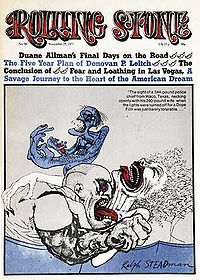 However Thompson was never going to be a member of any cosy club and so he styled himself a "gonzo" writer -- and the label, for better and mostly worse, stuck, especially when he wrote the seminal drugged up book Fear and Loathing in Las Vegas, a remarkable piece of writing which boasts an opening line as memorable as any by Dickens.
However Thompson was never going to be a member of any cosy club and so he styled himself a "gonzo" writer -- and the label, for better and mostly worse, stuck, especially when he wrote the seminal drugged up book Fear and Loathing in Las Vegas, a remarkable piece of writing which boasts an opening line as memorable as any by Dickens.
"We were somewhere around Barstow on the edge of the desert when the drugs began to take hold."
But Thompson -- who considered Loathing/Las Vegas a failed experiment in gonzo journalism -- was a political animal as much as anything else and worked best when the enemy was clearly identifiable and as base, corrupt and evil as Richard Nixon.
Thompson had the great advantage of having a living nemesis and the ugly times to write about.
Had he come to prominence in the Jimmy Carter era he might have been a very different writer -- but fueled by drugs and alcohol and with a fearlessness that was admirable, he took to Nixon and his henchmen, not with the skill and incisiveness of a satirist, but with a bludgeoning abusive style which perfectly captured the spirit of the era.
Fear and loathing, and mostly loathing.
This doco, with considerable footage of Thompson at all stages of his long career -- he was never camera shy and is captured at both his best and worse -- also comes with narration by Johnny Depp who played Thompson in the film of Fear and Loathing in Las Vegas. It wasn't a successful adaptation, but then it never really could have been.
Thompson was a word man -- and his words could be powerful and poisonous, astute and acerbic.
To the best of my knowledge I only ever bought one copy of Playboy in my life, it was one which had a Thompson story in it called The Great Shark Hunt.
The tag line was something like, "down in Cozmel they have this great shark hunt, but first let me tell you about some dynamite acid". Something like that, anyway.
Sadly there was too much of that in his later days and as old enemies fell and he had fewer targets to punch at he became like an old pug struggling into the ring for one more bout, riding on past glories and raging against all and sundry.
The brain was intact although there were some severe attritions, obviously. But the craftsmen had given way to a caricature of what people wanted to see and hear about.
A sober and measured Hunter S Thompson never would have worked for the audience he created. The election of George W Bush sent him into a kind of literary depression.
Gifted, angry, addled, instinctive and anarchic, Hunter S Thompson created himself and then had to destroy it. But he couldn't kill the legend.
Publish the legend, as the saying goes.

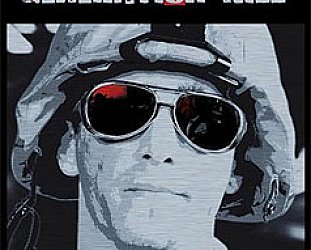

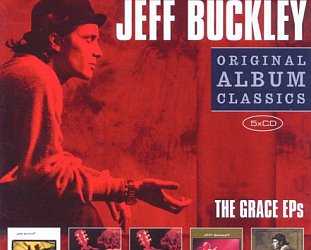
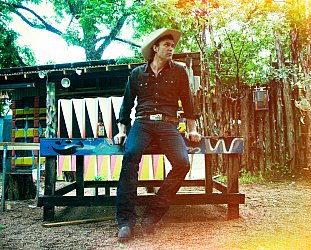
post a comment